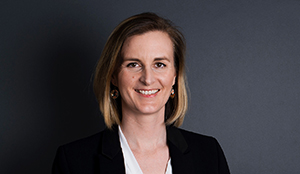France - Recent developments affecting sick leave regulations
The past few months have witnessed significant changes to the legal framework governing sick leave. These developments alter both the scope of employees’ entitlements and the range of obligations imposed on employers. Three points warrant particular attention.
1 - Carry-over of paid leave in the event of illness during vacation
In a landmark decision of 10 September 2025, the French Supreme Court (Cour de cassation) recognized an employee’s right to carry over annual leave days that coincide with a period of certified sick leave.
This reversal of precedent, which brings French case law into line with European Union requirements, compels employers to revisit their policies and practices regarding the management and scheduling of annual leave.
2 - Introduction of a secure sick leave certificate form (effective 1 July 2025)
Absent electronic transmission, healthcare professionals will, from this date, be required to use exclusively the new secured Cerfa form issued by the French Health Insurance system.
This form, printed on a specific medium and incorporating seven authentication features (including a hologram and magnetic ink), will be the only valid format accepted. Earlier versions, as well as any copies, scans, or reproductions, will be systematically rejected by local health insurance offices (CPAM).
The stated objective is to enhance the reliability of medical certificates submitted and to mitigate risks of forgery or retroactive dating.
3 - Abolition of the tolerance for interruptions between two successive sick leaves
Since September 2024, the National Health Insurance Fund (CNAM) has adopted a new interpretation under which any non-certified interval between two successive sick leaves no longer gives rise to compensation, regardless of duration.
In practice:
- Interruption ≤ 2 calendar days
o If the subsequent certificate is classified as initial, the intervening days are not covered, a new waiting period applies, and a new salary certificate must be provided by the employer.
o If the subsequent certificate is classified as a continuation, the intervening days remain non-compensated, but no new waiting period applies, and no new salary certificate is required.
- Interruption ≥ 3 calendar days
o The subsequent certificate is necessarily treated as initial, triggering a new waiting period and obliging the employer to submit a new salary certificate.



